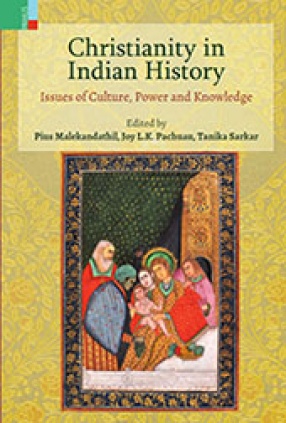
Showing all 6 books
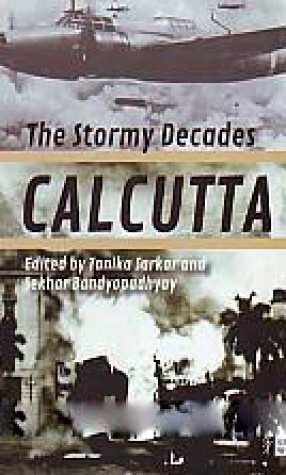
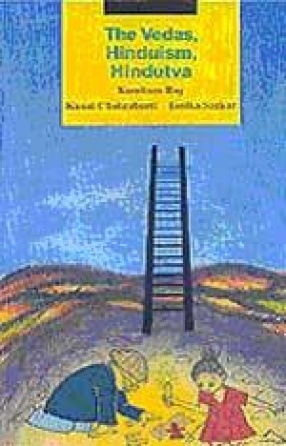

This volume is a collection of wide ranging essays on Indian Christianity and Christian missionaries in India. It attempts to identify and reflect upon Christianity’s regional and temporal variations from Early Modern times, its links with global Christian institutions and movements, its diverse cultural practices, and its relationship with caste and class. The essays herein underline the existence of many Christianities in Indian history, their mutual ...

This is an attempt to present the history of Calcutta by a new approach—that of combining poetry with historical writing thereby retaining the essence of both forms. Unfolding the tumultuous events of a critical period in the history of Calcutta—the 1940s and the 1950s, it views the city of Calcutta as a whole during the decades. It deals with the ordering of urban space, impact of war, famine and unrest, the nature of communal relations, and the ...
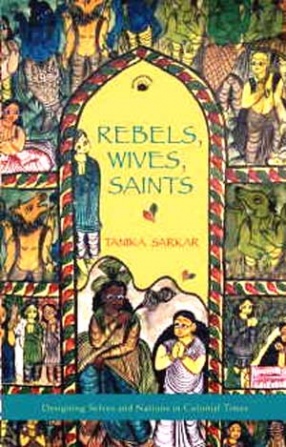
Tanika Sarkar's writings on women, religion, and nationhood in the context of colonial Bengal have been pathbreaking. In this new book of connected essays, she gives a new direction to the same themes, this time by focusing on some of the key historical texts within which these identities were given shape. The colonial universe outlined in this book centres around woman as both defiled and deified (woman as widow, woman as goddess); the nation as ...
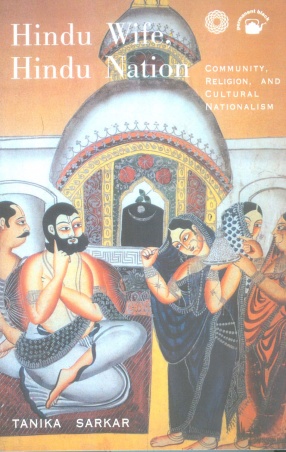
"What are some of the major Hindu ideas and traditions that have shaped the dominant conceptions of 'womanhood', 'domesticity', 'wifeliness', 'mothering' and India as a 'Hindu' nation? Tanika Sarkar's book examines literary and social traditions, elite voices and popular culture the rhetoric and the ground realities which have together, through complex historical processes, created the lived reality of north India today. Her book includes a searching ...
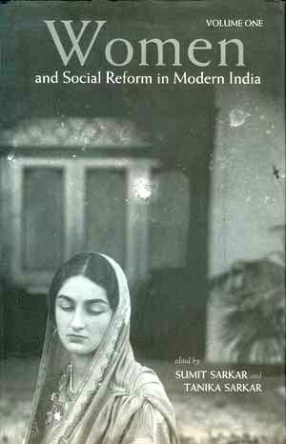
The subject of social reforms has routinely formed a part of Indian history texts. The word 'reforms' conjures up the names of a few great individuals: always Hindu, always upper-caste and educated, always from cities, and always--apart from one or two memorable exceptions--men. These are the icons around whom the story of social change is written. The editors of the present work argue the need to understand the history of social reforms from a much wider ...

Most of us have heard about the Vedas and some of us may even know or chant a few Vedic mantras. Of late we may have noticed that attempts are being made to trace everything that is good back to the Vedas and proclaim the Vedic people as the real authors of the Harappan civilization. This strategy is used to argue that a whole range of religious traditions-especially Hinduism-are actually derived from the Vedic religion. Is the Harrapan civilization Vedic? Should ...
